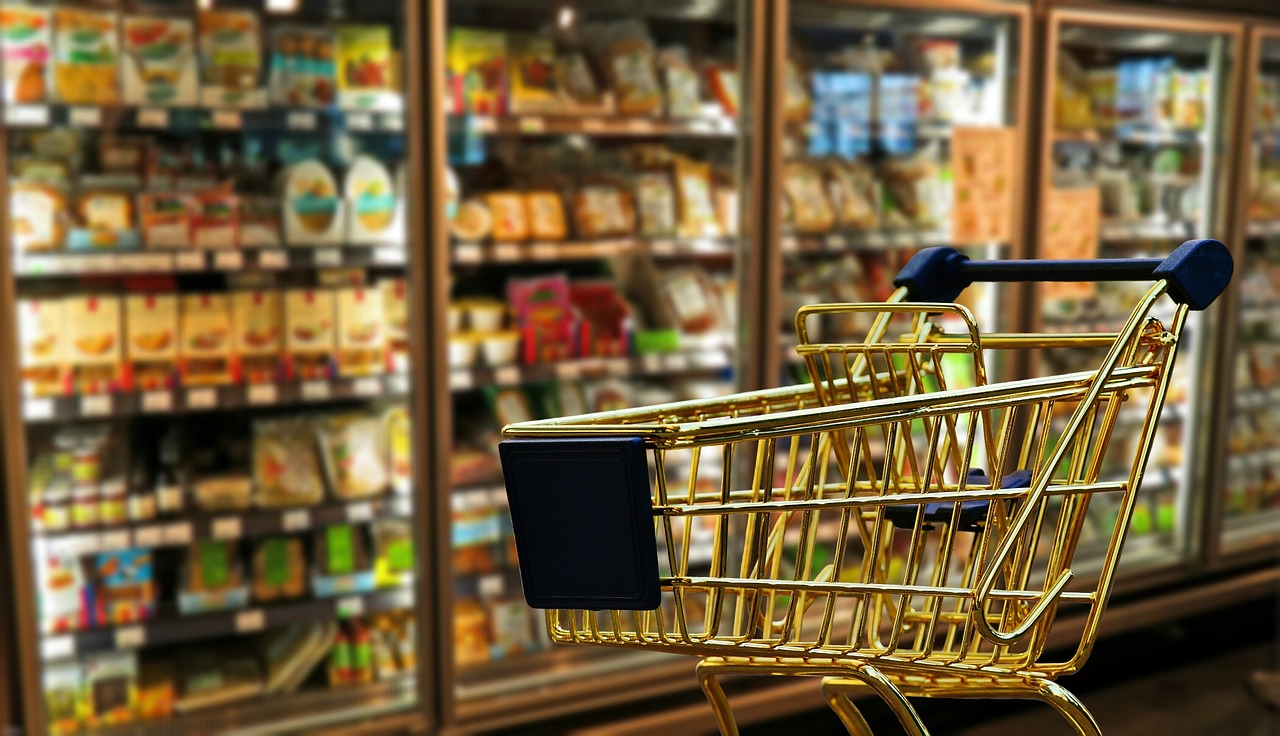Are you eating expired food? Hidden danger in your shopping cart

Consumers often trust them to sell safe and high-quality food products, but the reality is that some supermarkets stock expired products, knowingly and unknowingly.
While many Kenyans often shop at their local supermarkets for their daily groceries and house essentials, very few are keen on the expiry dates of goods.
Consumers often trust them to sell safe and high-quality food products, but the reality is that some supermarkets stock expired products, knowingly and unknowingly.
More To Read
In some cases, retailers go to the extent of altering expiry dates to keep the old stock moving.
Eventually, the uninformed suffer health consequences ranging from food poisoning to medical emergencies, and long-term health risks.
How expired food ends up on the shelf?
Changing expiry dates: Some retailers place new stickers over old expiry dates, misleading customers into buying expired products, especially meat products.
Repackaging the old stock involves occasionally removing expired items, such as dairy products, from their original packaging and placing them in new containers.
Mixing fresh items with expired: Expired products are placed at the front row, or alongside fresh ones, making it hard for shoppers to tell the difference.
Discounts and sales: While some discounts are genuine, others are just a way for supermarkets to clear expired stock.
How do you protect yourself from expired goods?
1. Check the expiry date.
Before you put anything in your trolley, carefully read the ‘best before,’ ‘use by,’ and ‘sell by’ dates.
2. Inspect your package and goods.
Look for any sign of damage, bloating or leaking on the package first. Then check the quality of the item.
If you are buying meat products and fresh produce, ensure you check for mould and colour of the products.
3. Buy locally produced foods.
As much as it may be convenient to buy in a supermarket, scout for different places in your local area where you can source perishable goods and vegetables.
4. Store food properly.
Even fresh produce can spoil if it is not stored well. Store the perishable goods in the fridge and keep dry foods in airtight containers to prevent the growth of mould.
Kenyans can protect their health by staying vigilant and holding supermarkets accountable.
Let us stay alert and demand better food safety standards for a healthier future.
Top Stories Today












































